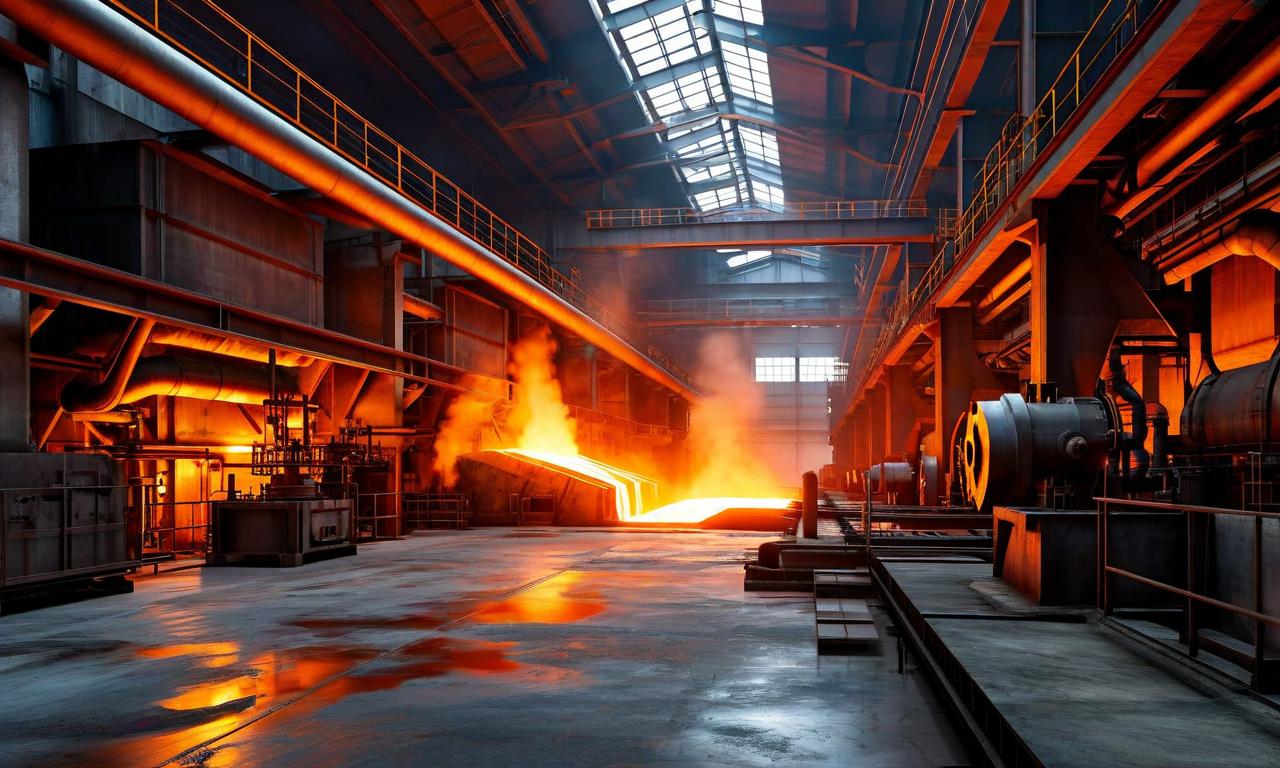Proposed GST Cut on Fertilizers Could Benefit RCF and Industry
A proposal to reduce the GST rate on fertilizers from 18% to 5% could significantly affect the fertilizer industry, including Rashtriya Chemicals & Fertilizers Ltd (RCF). The potential tax cut may lead to cost reductions for farmers, necessitate pricing strategy adjustments, improve working capital for companies, and enhance industry competitiveness. This proposal, aimed at supporting the agricultural sector, is still under discussion and requires GST Council approval. Fertilizer companies may need to prepare for potential changes in tax obligations, pricing strategies, and market dynamics.

*this image is generated using AI for illustrative purposes only.
A significant tax reform proposal has emerged that could have far-reaching implications for the fertilizer industry, including Rashtriya Chemicals & Fertilizers Ltd (RCF). The proposal suggests reducing the Goods and Services Tax (GST) rate on fertilizers from the current 18% to 5%, a move that could potentially reshape the sector's tax structure and impact companies like RCF.
Potential Impact on RCF and the Fertilizer Industry
The proposed GST rate reduction, if implemented, could lead to several outcomes for RCF and other players in the fertilizer industry:
Cost Reduction: A lower GST rate could potentially reduce the overall cost of fertilizers for end-users, primarily farmers. This reduction might lead to increased demand for fertilizer products.
Pricing Strategy: RCF and other fertilizer manufacturers may need to reassess their pricing strategies in light of the potential tax change. The reduced tax burden could allow for more competitive pricing or improved profit margins.
Working Capital Impact: A lower GST rate could positively impact the working capital requirements of fertilizer companies, as they would need to set aside less money for tax payments.
Industry Competitiveness: The proposed tax cut could enhance the overall competitiveness of the Indian fertilizer industry, potentially benefiting domestic manufacturers like RCF in both local and international markets.
Broader Economic Implications
The proposal to slash GST rates on fertilizers is likely part of a larger effort to support the agricultural sector, which remains a crucial component of the Indian economy. By potentially making fertilizers more affordable, the government aims to boost agricultural productivity and support farmers' incomes.
It's important to note that this proposal is still in the discussion stage, and its implementation would require approval from the GST Council. Stakeholders in the fertilizer industry, including RCF, will be closely monitoring developments related to this potential tax reform.
As the situation evolves, RCF and other fertilizer companies may need to prepare for potential changes in their tax obligations, pricing strategies, and market dynamics. Investors and industry observers will be watching how companies like Rashtriya Chemicals & Fertilizers position themselves to capitalize on or adapt to these potential changes in the tax landscape.
Historical Stock Returns for Rashtriya Chemicals & Fertilizers
| 1 Day | 5 Days | 1 Month | 6 Months | 1 Year | 5 Years |
|---|---|---|---|---|---|
| -2.86% | -3.07% | -4.48% | -10.29% | -6.78% | +143.62% |




































